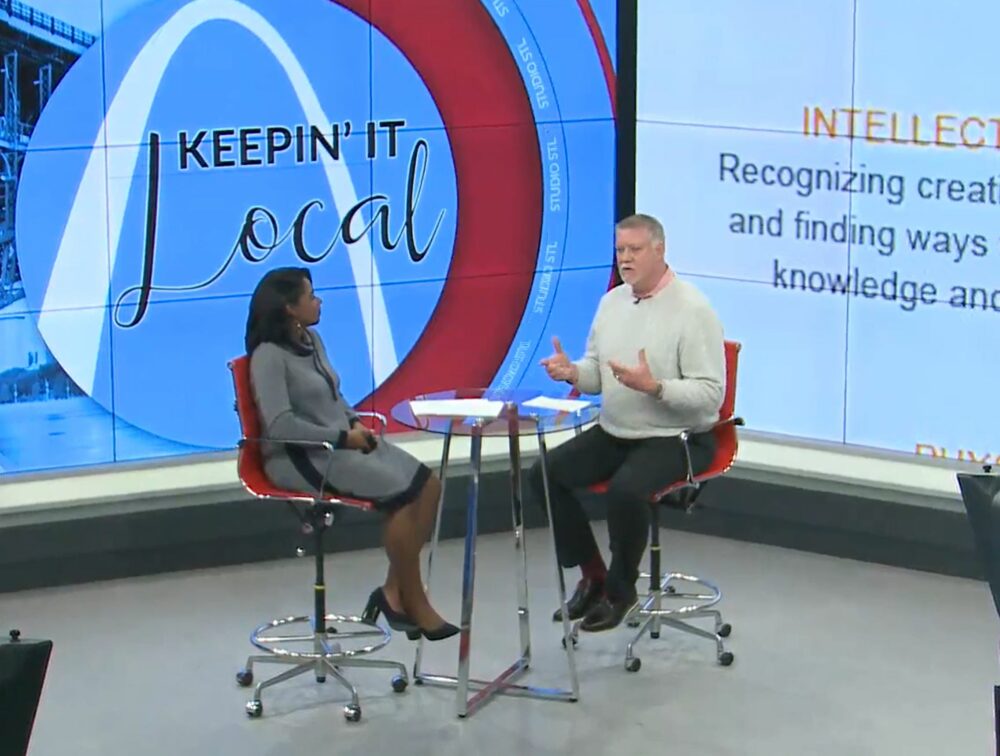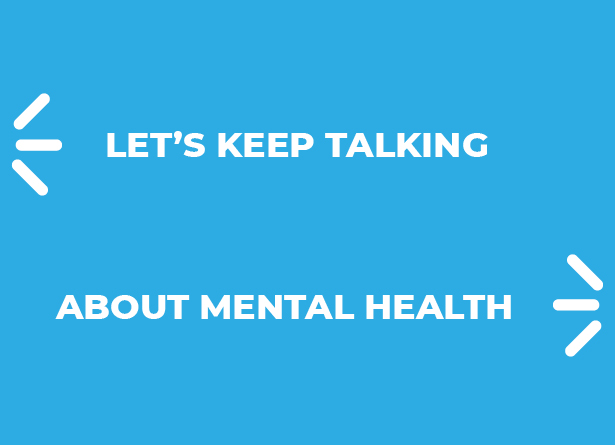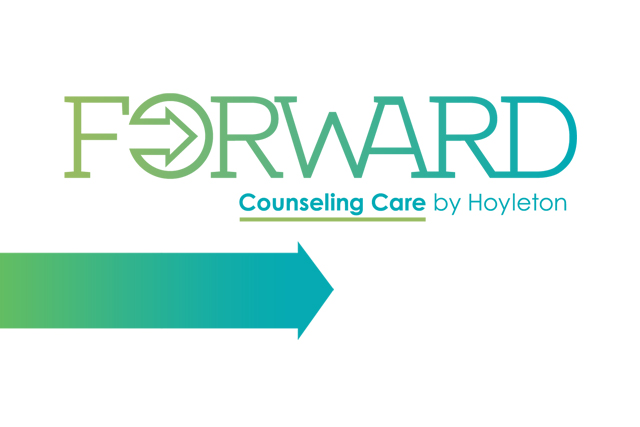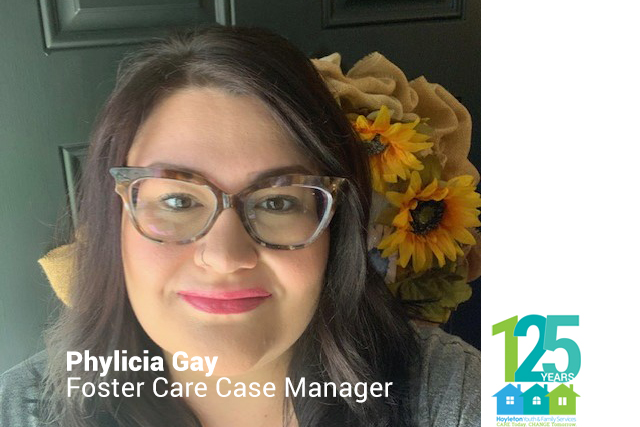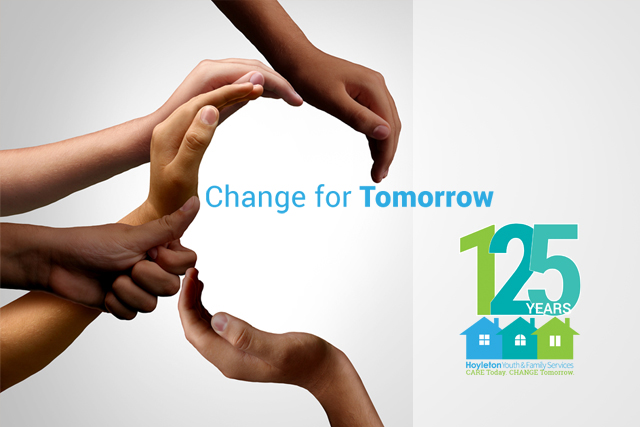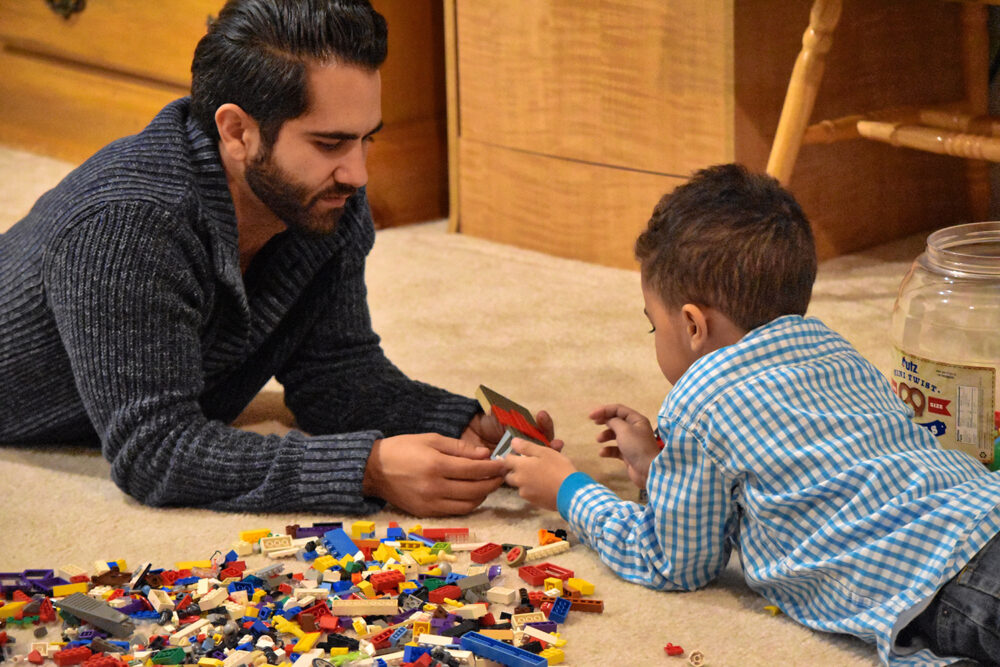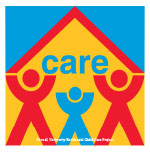In Honor of World Mental Health Day 2021
DATE: October 6, 2021
Hoyleton Supports Mental Health Advocacy and Awareness By Adam Woehlke, Director of Clinical Services This Sunday, October 10 is World Mental Health Day, and because of the pandemic, a lot of people are struggling with their mental health. In fact, even without the added anxieties of a global pandemic, 20-25% of the U.S. population is […]
READ MORE